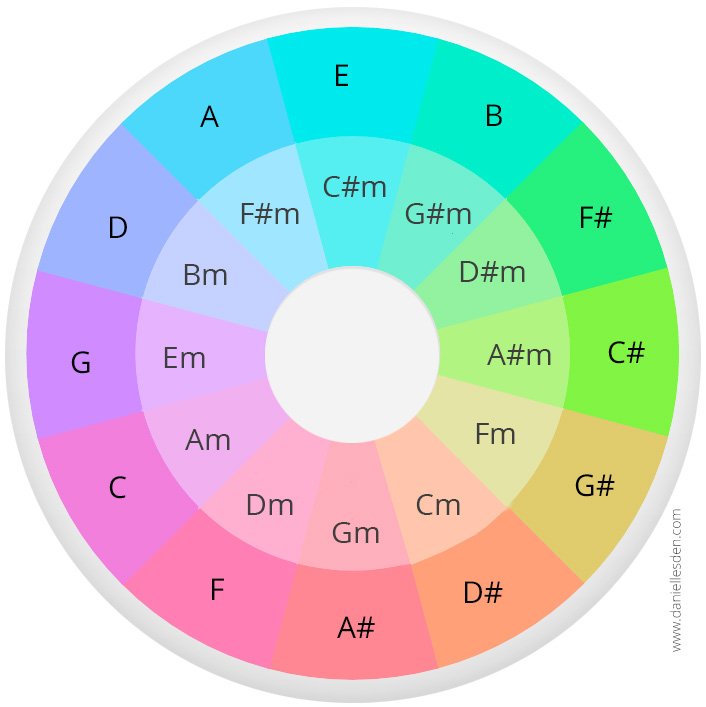How to find time for music
Having a full-time job, study, and family

Daniel, please advise. I study, have a full-time job, and have family duties. At the same time, I’m a beginner producer, I love music and would like to make a career as a DJ and producer. The problem seems I don’t have enough time for music, I can’t just sit all weekend long locked in the studio to write new tracks. How to find time for music when it’s not what you do for a living?
John Y.
I understand your pain very well. In fact, we are in the same boat: I have a bunch of non-musical projects, family, and other activities too. No surprise, I guess most people have the same. There are a few myths around this topic that I’d like to dispel, and a method that works for me which I’d like to share.
The truth is you will never have more “free time” than you have now. Let’s say, today you have a job, tomorrow you’ll decide to start learning a foreign language, and on the day after tomorrow, you have a family event. This is called a routine, and eventually, it will not be less. Even if you succeed in a music career, most likely you will be busy traveling and playing on gigs. Don’t expect to have more free time in the future, it’s a myth.
Another myth says that you have to spend all day long to make a track. What you really need is to do it regularly, small but frequent steps that will move your progress forward. Imagine training in a gym, you don’t get benefits by doing exercises eight hours in a row, right? In order to build muscle, you have to keep training on a regular basis.
So when it comes to music production, I came up with the method which I call:
2+2 is better than 4
To give an example, rather than trying to find a fully free weekend on your schedule (which is nearly impossible), split your production into a few smaller sessions. In this case, two days for 2 hours each is better than one 4-four long session, hence the name.
In fact, even 30-minutes sessions can give you huge progress, if you do it several times per week. Half an hour is the time that every busy person can afford, so excuses are not accepted :-) Also, frequent sessions help to keep connected with the idea of the track, you know exactly what you have done last time, and what you should do next. As a result, small but frequent sessions help to finish tracks easier.
Be a doer, not a dreamer.



